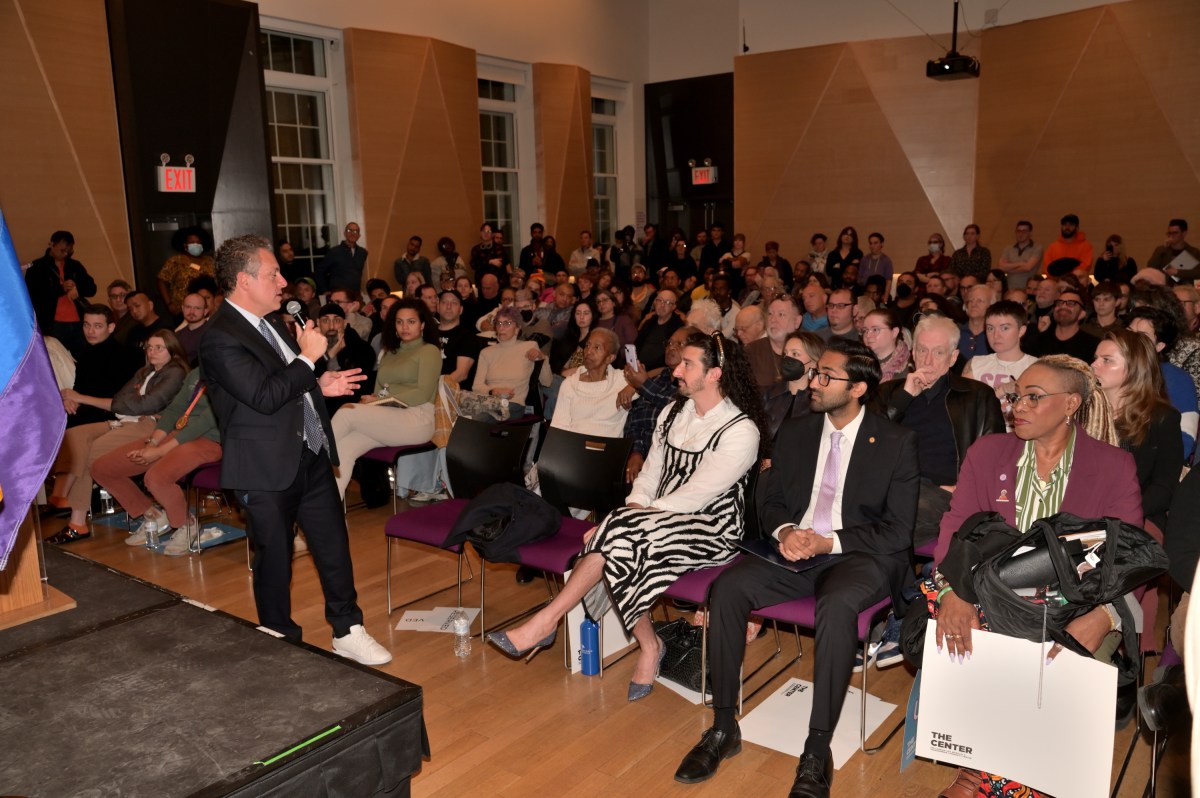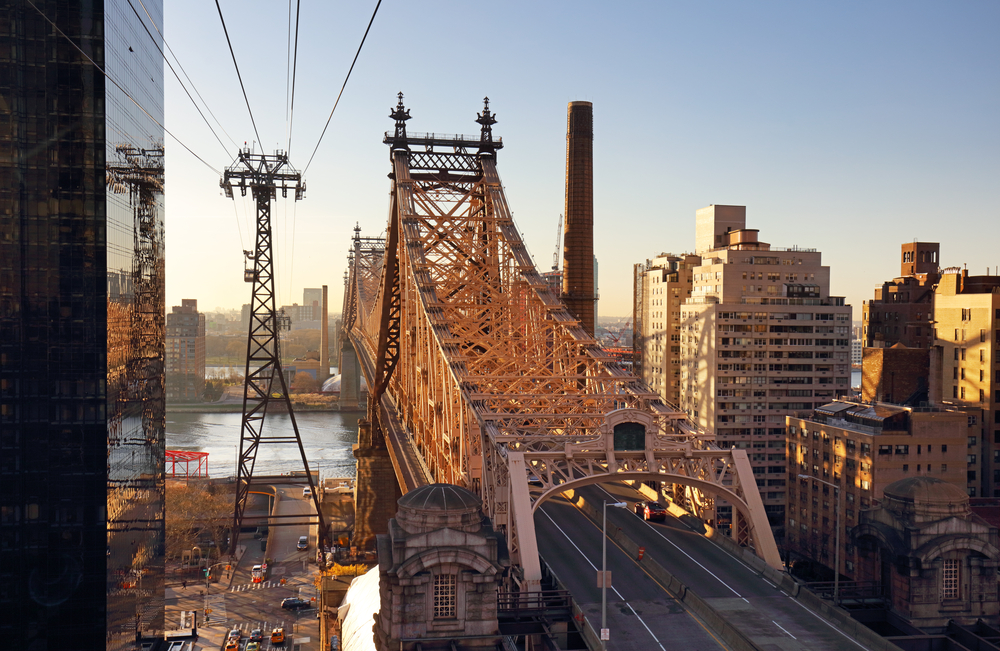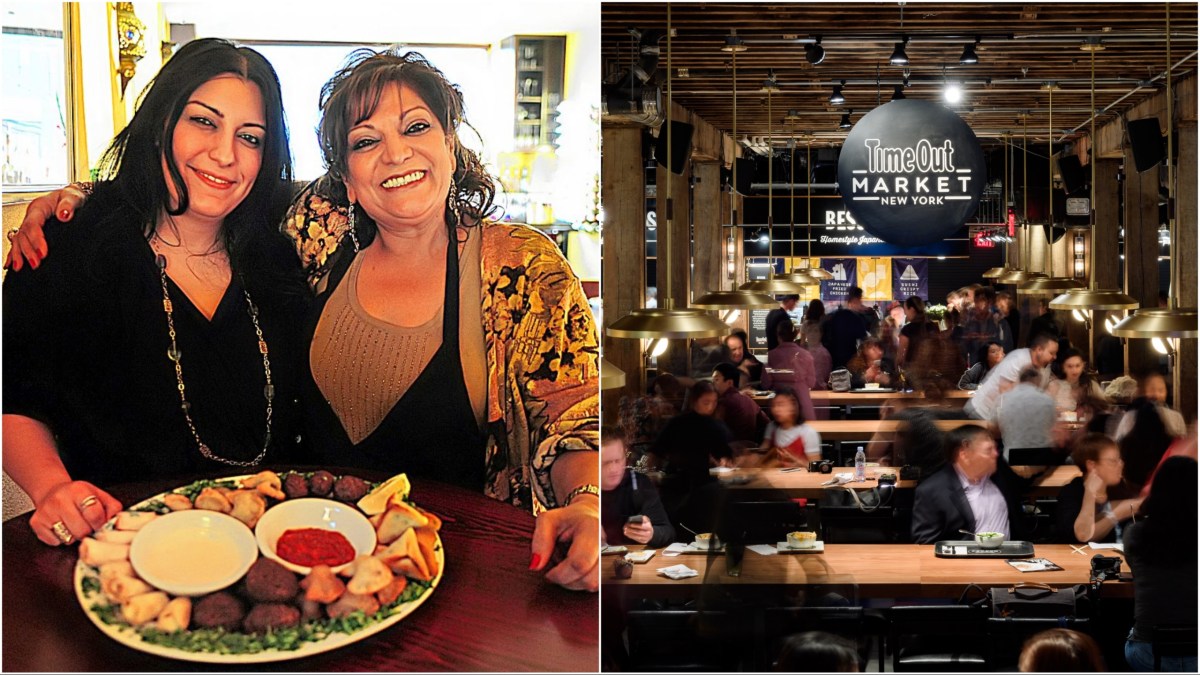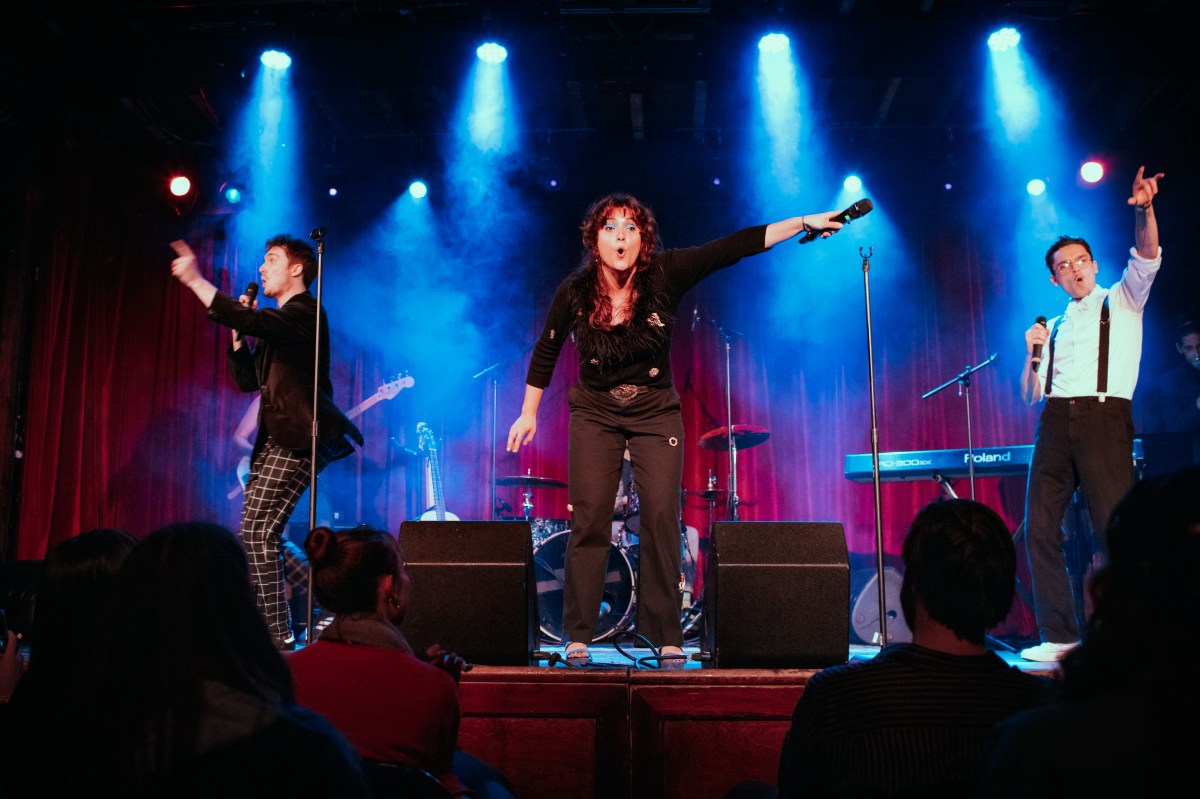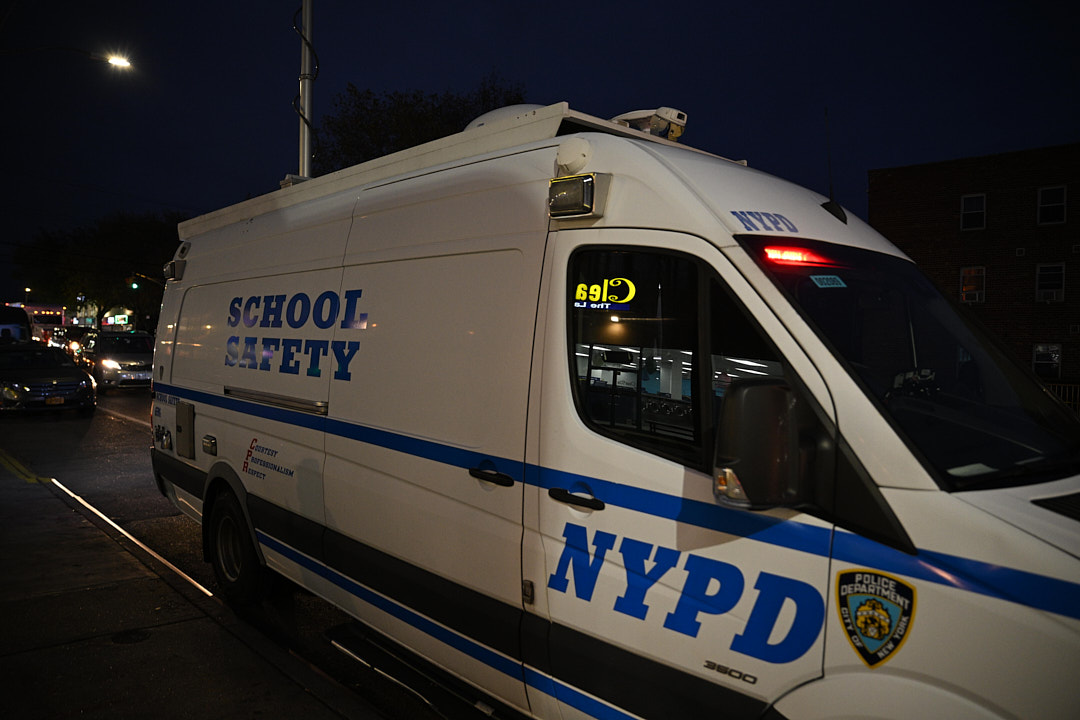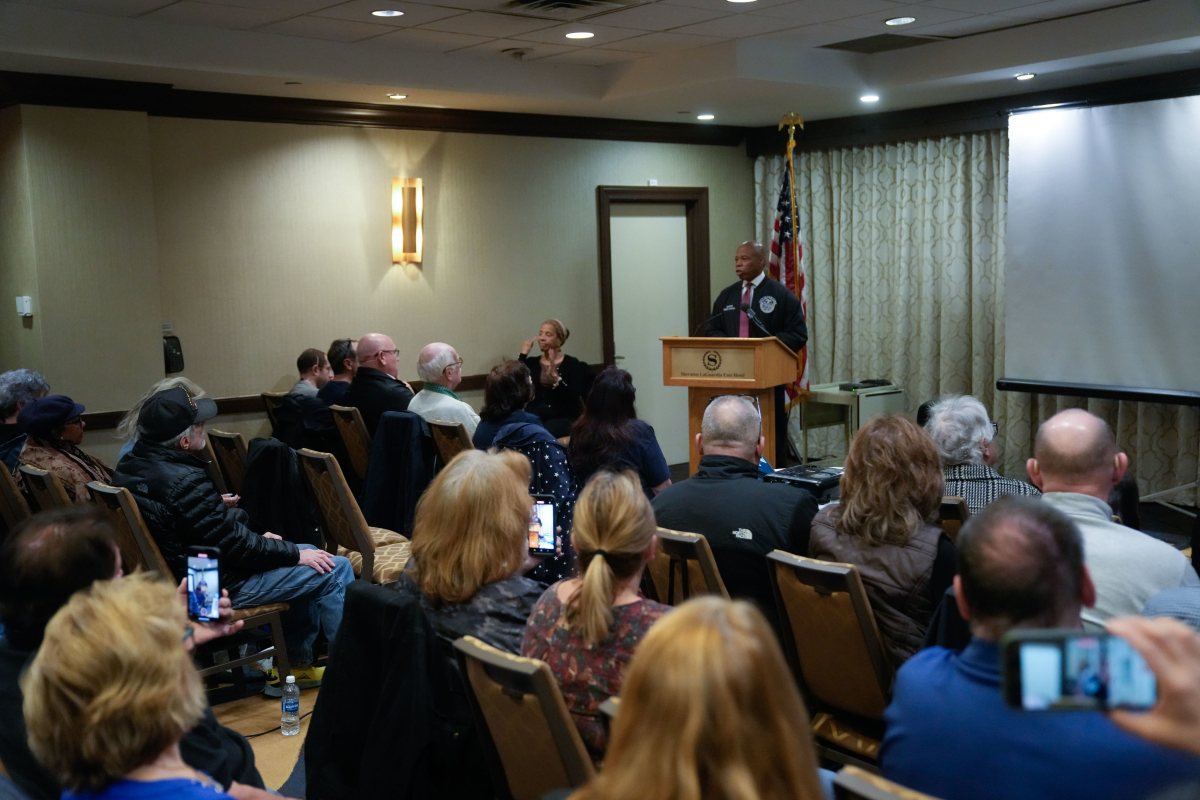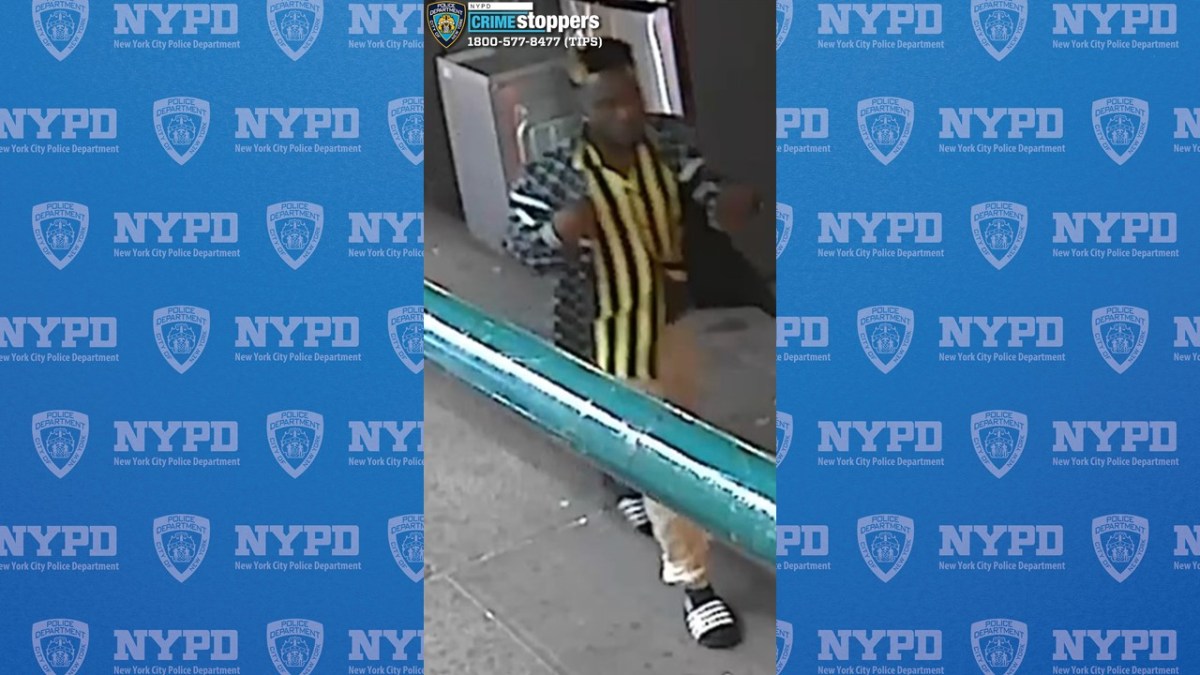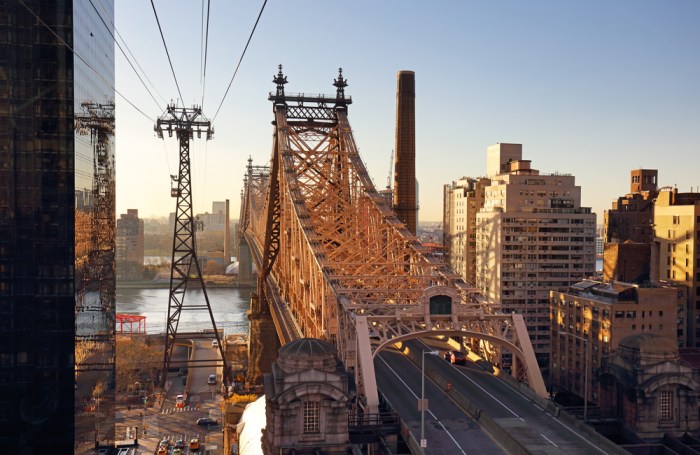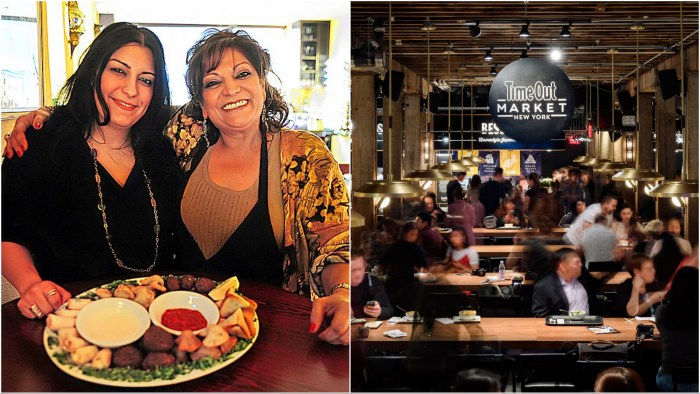By Casey Samulski
Randy Credico was charged with “basically, being a loudmouth.” That’s what his attorney, Cathy Huang, said about his arrest during the summer. The judge agreed with her and dismissed two counts of disorderly conduct and one count of resisting arrest on Nov. 5, bringing a quick end to the case.
A spokesperson for the Manhattan’s District Attorney’s Office confirmed that prosecutors had 30 days to appeal the decision, but would not comment on their intentions to actually do so.
An appeal, however, seems rather unlikely.
“The only conduct that was disorderly — speech — is protected by the First Amendment,” Huang explained. That was the legal argument she presented to the judge for throwing out the charges. In turn, as she explained, one can’t be resisting arrest if what he or she was arrested for doing is not a crime. To put it more bluntly, Huang said, police can’t arrest someone for “running their mouth in front of their own house.”
It is these circumstances that have motivated Credico to file a civil suit against the city.
The incident began on the evening of June 12 when Credico was telling off two officers in front of his apartment on Gay St. They were arresting a young man smoking marijuana across the street when a verbal confrontation between Credico and the officers escalated. Credico was quickly handcuffed and put into the police patrol car along with the pot smoker.
Credico isn’t apologetic about his actions, claiming that his arrest was premeditated and the result of his none-too-friendly relationship with the police.
“They had already said they were looking forward to arresting me,” Credico claimed of the officers who brought him in.
And his explanation for the officers’ ire? Credico thinks he’s getting ill will for his proactive stance in his neighborhood. He regularly records and monitors police activities on his street, calling it a civic duty, but said that his warnings for marijuana smokers to head elsewhere were treated by police as “interfering with an investigation.”
“Their fertile fishing ground has closed up,” he said — a hint of triumph in his voice — as he indicated police will have to look elsewhere to make their pot busts.
But now, because of his own treatment, Credico feels he has no choice but to file suit against the city.
“It was an illegal, malicious arrest,” he asserted, calling it a “vindictive” reaction to his confrontation. He sounded confident about the trial and claimed to have plenty of witnesses ready to testify on his behalf.
But why all the fuss?
Credico has a long history of protesting these kinds of drug arrests. He explained his anger succinctly, calling the arrests racially motivated, targeting blacks and Latinos, while he suspects, “drug abuse is at an all-time high in the clubs.” He works for the William Kunstler Fund for Racial Justice and when he talks about this inequality, one can hear the fire in his voice come leaping out.
Credico’s own past is as much a motivation as the circumstances of his arrest. Overcoming a cocaine addiction, he has attributed his avoidance of prison time to his class and race. Driven by this sense of inequality, Credico has advocated for those imprisoned under the harsh Rockefeller drug laws.
While he doesn’t sound particularly enthusiastic about tangling with the legal system again, he seems committed to his course of action.
“The only way you can get the police to stop doing this,” Credico said, “is to go after their pocketbook.”














